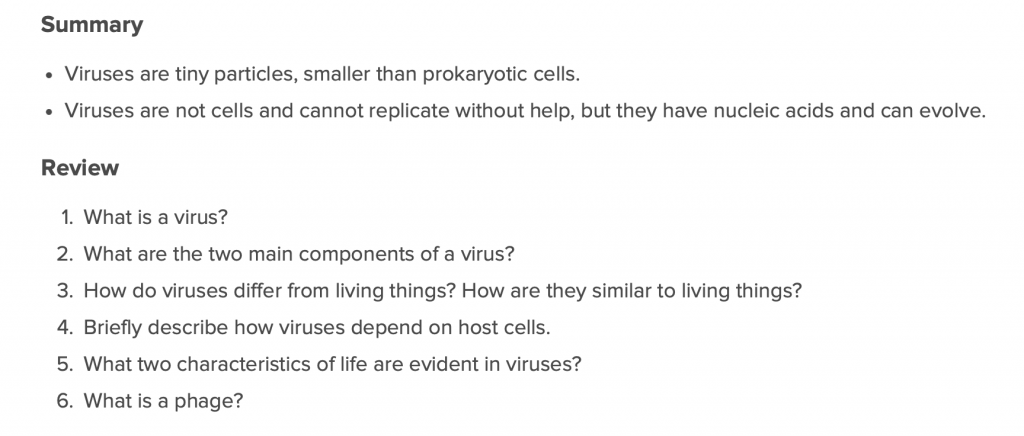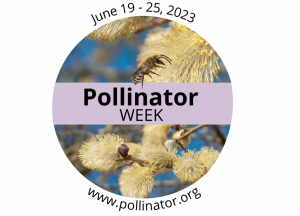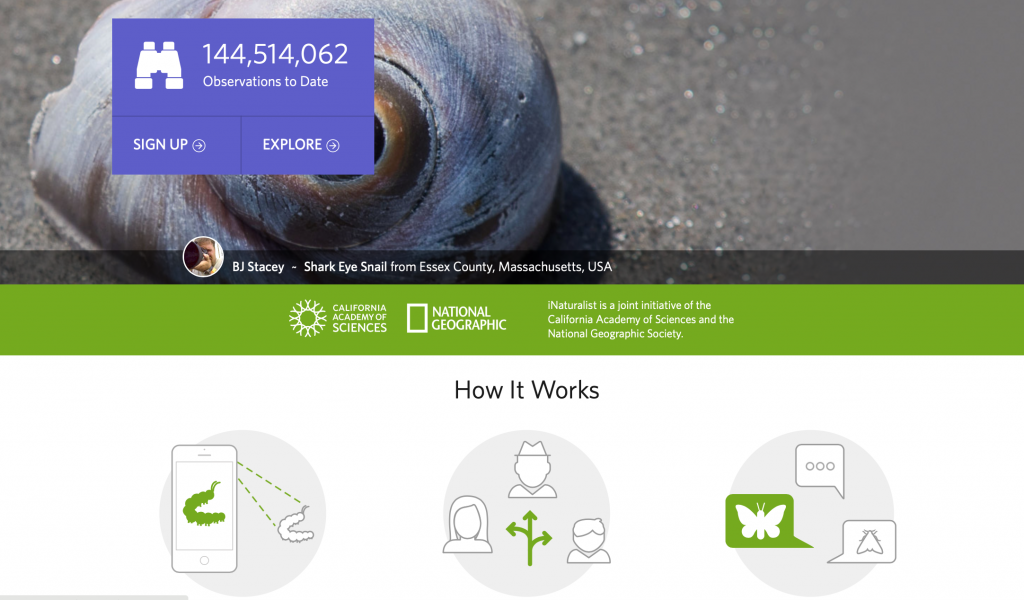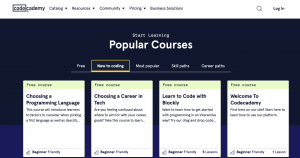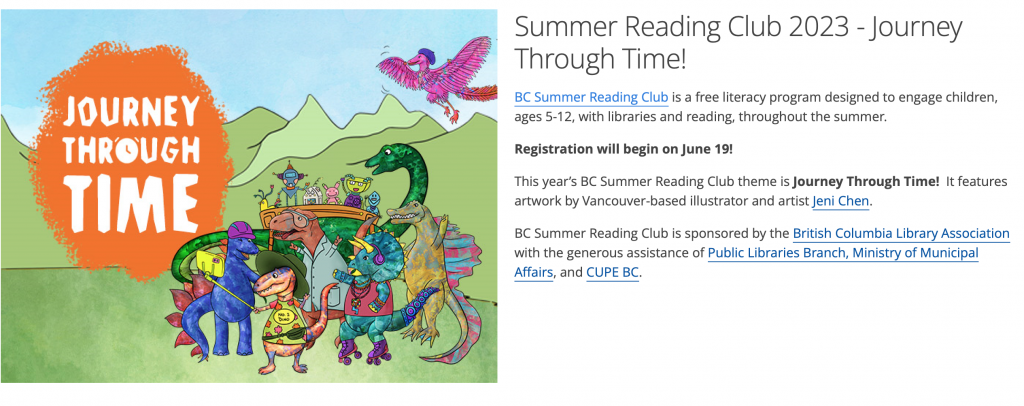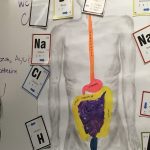The Mandatory Numeracy Assessment tests set out by the BC Ministry of Education take place in the Science 10 periods on Oct. 30-31, 2023
The Grade 10 Numeracy Assessment is a provincial assessment that assesses student proficiency in numeracy. It is a graduation requirement and students take the assessment in their Grade 10 year.
The Grade 10 Numeracy Assessment focuses on the application of mathematical concepts learned across multiple subjects from kindergarten to Grade 10. It requires students to solve problems by using five numeracy processes (different ways of thinking and working): interpret, apply, solve, analyze and communicate. The numeracy processes are described in the pre-assessment activities and in the specifications.
Students are able to complete pre-assessment activities by visititing the Ministry’s preparation page.





